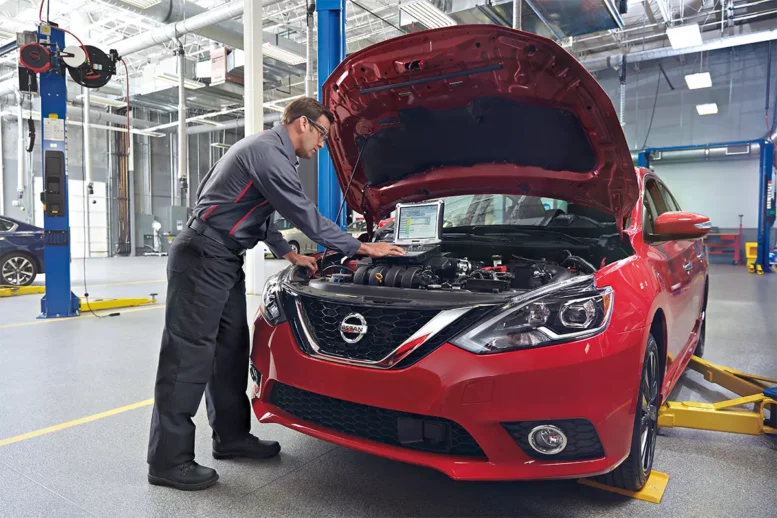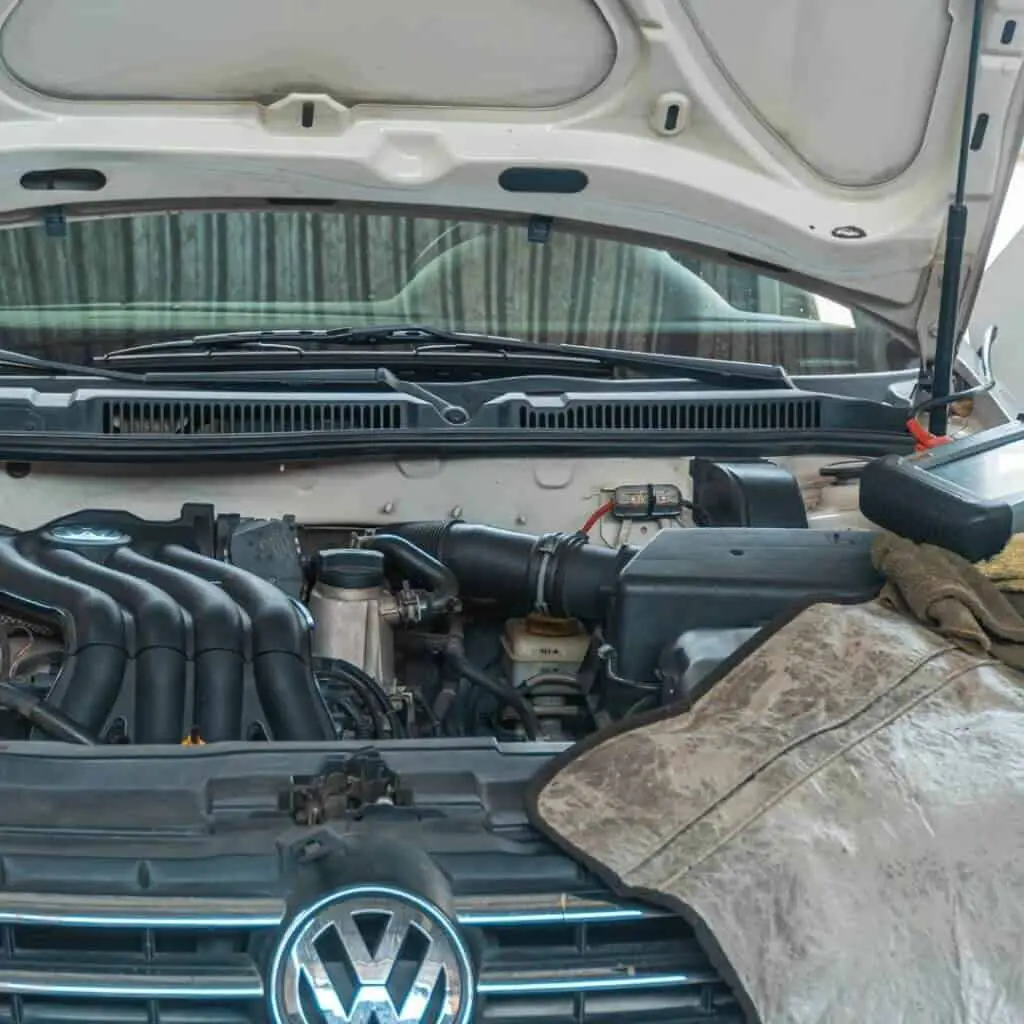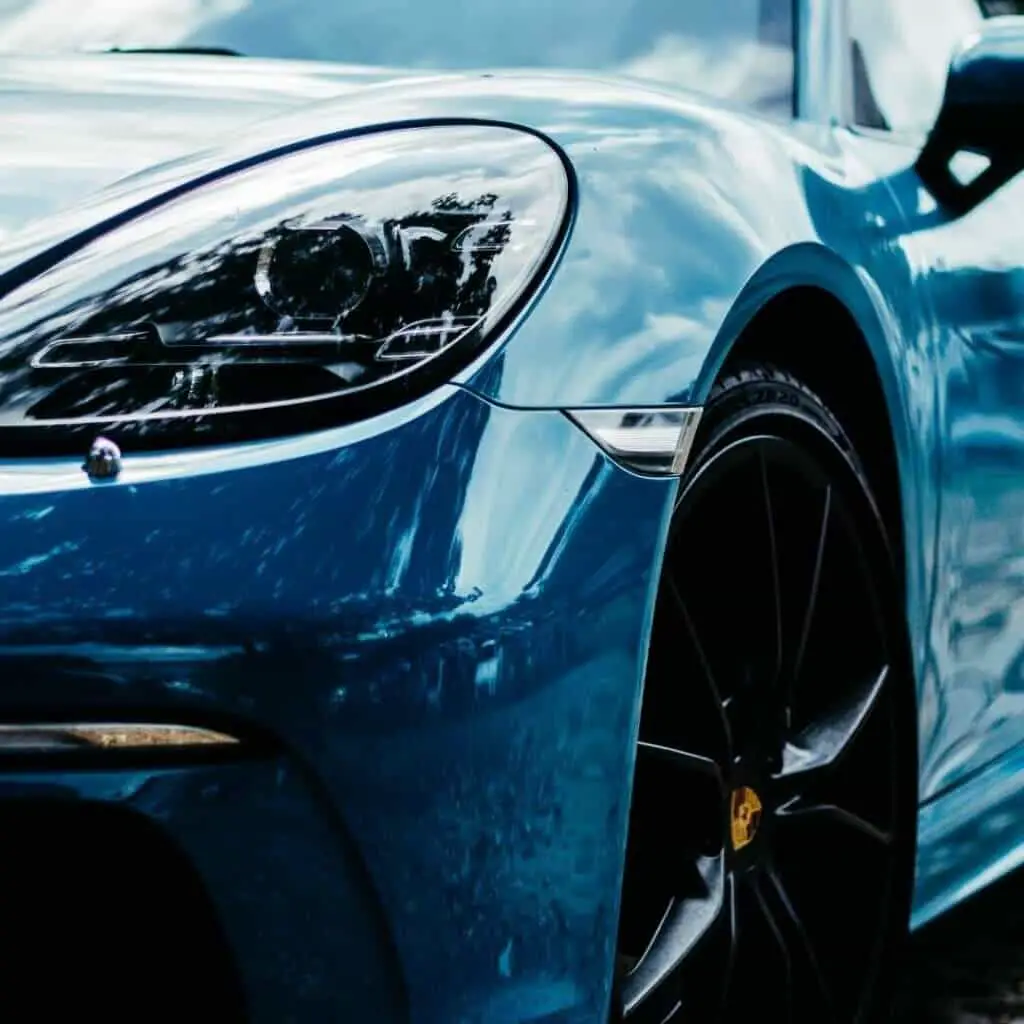With the Nissan’s many models, a crossover SUV was to be expected. In 2010, Nissan Juke was revealed. The car has experienced a mix of problems throughout its days though. The vehicle’s latter models maintain some of the issues. To be better informed, let’s go through Nissan Juke’s problems.
The Nissan Juke is a subcompact crossover SUV that was unveiled in 2010. Its initial reveal happened at the Geneva Motor Show, followed by the New York International Auto Show. The model started production in 2011.
Nissan Juke presents a choice of engines for those who wish to power their car with petrol. However, the diesel variant only has a single engine. That being the 1.5 L Renault K9K I4.
The choice of transmissions ranges from 5-speed and 6-speed manual to 6-speed dual-clutch automatic.
Nissan Juke Problems

A lot of Nissan Juke problems come in the standard form of fuel leaks and clutch issues. Affecting the more common components within the vehicle. Nissan Juke does exhibit more specific issues too, some of which fall under its common problems.
- Clutch issues
The clutch is what allows the car to shift gears properly. The use of this component is consistent. There is never a ride that goes by without its use. That’s why the clutch can be a problematic component to go bad.
As you can imagine, with any issue affecting it, we get a constant source of trouble with the car during a ride. [1]
With Nissan Juke, the issue with the clutch usually stems from its pedal malfunctioning. The clutch pedal doesn’t come all the way back up after shifting gears.
This leads to the car being far worse at changing gears in general, making it harder to maneuver.
The problem is generally associated with leaks in the clutch master cylinder, which is preferable to transmission issues, which could require you to change an entire gearbox.
- Fuel leaks
Leaks of any sort are ripe for complications. Car’s components generally do not handle things like oil and fuel spilling on them. The heat generated, gasses, and lubrication of parts that shouldn’t be lubricated all impact the vehicle.
Fuel spilling into places where it shouldn’t also sharply increases the risk of fire in our car. [2]
The smell of fuel will be the first sign something is wrong with your car. Fuel doesn’t have to start burning to produce such a smell but if it does, it’s even worse.
Nissan Juke is known to experience fuel leaks after a certain distance. This problem is associated with the increased fuel pressure, which loosens the pipe leading to leaks.
- Chain problems
The timing chain is a component in the car that keeps the rotation of the camshaft and the crankshaft synchronized. This synchronicity allows the cylinders in the engine to produce power which propels the vehicle in the first place.
The problems with the timing chain reflect badly on the car’s drive. Nissan Juke owners have experienced issues with the timing chain becoming loose over time.
This is followed by rattling or lashing noises while the engine is idling. The sounds aren’t that big of an issue but the repercussions of a loose timing chain are. [3]
If the timing chain problems aren’t addressed then a lot of other components can start breaking inside of the car. Especially those directly associated with the timing chain.
This means our cylinder could soon follow after the timing chain has started malfunctioning.
- ESP problems
ESP is a shorthand for the Electric Stability Program, a piece of computerized technology that enhances the safety of our ride. This is an active safety system that can help reduce accidents no matter the driving conditions. The system can be on or off, the state it is in is signaled by its light. [4]
Troubles with ESP can significantly affect the safety of our vehicle. Though it’s not impossible to drive without it, we will feel the effects of its absence when trying to control a car in tougher conditions.
Even experienced drivers may find it a lot more demanding, which increases the risk of accidents.
Nissan Juke has a decently frequent problem with the ESP. Thankfully, the system is also made to notify us of it. A pinging sound can be heard when this issue exists, followed by an ESP warning light.
The problems can differ but the poor function of this system is consistent. Most frequently, the issue will be in the exhaust manifold pressure pipe. Specifically, that same pipe being clogged up.
- Turbo problems
Turbo is a component that compresses exhaust gas as it exits and returns it to the engine. This increases airflow which causes the engine to send more fuel into the engine, giving it more power.
The turbo engine has been a standard addition to cars for a while now. It performs better than the normal engine while being quite efficient with its fuel.
However, turbo engines do open up new potential problems for a car. Nissan Juke being one of the cars commonly affected by turbo problems. [5]
The specific issues the turbo version of Nissan Juke usually experiences involve a blocked oil feed pipe. The oil feed fails to properly reach the turbo, which makes the turbo overheat and fail. The longer the problem persists the higher the chances of failure.
Solutions to Nissan Juke problems

Thankfully, there are ample ways to act if we do run into a problem with our Nissan Juke. Any of the above troubles have at least some form of solution. These solutions can often be applied before even going to the mechanic’s shop, for a bit of DIY car care.
The clutch issues are quickly soothed by replacing the clutch master cylinder. This is covered thoroughly in the manual for some vehicles, making it a bit more complex but achievable fix.
Fuel leaks can be solved in a somewhat simple manner. As the issue stems from a loose pipe, the best way to put a stop to the issue is by refitting the pipe properly.
However, before doing so, we should also consider changing the fuel filter. This way, we’ve finished two parts of maintenance in a single job.
ESP is a bit more cumbersome to solve. The diagnostics can be quickly done with a fault-code reader. The further information this device gives allows us to approach the replacement easier.
Turbo is best resolved with regular oil changes with extra attention being paid to the blockages of any components that distribute the oil.
Of course, if the issue is already present, we need to apply a different solution. This includes cleaning the oil feed pipe thoroughly, and removing any potential obstructions to the flow before our turbo fails.
Read Also: Nissan Navara Problems
Conclusion
The common issues of Nissan Juke are varied. These include chain problems, ESP problems, and turbo issues. With those problems in mind, we can maintain the vehicle much better as long as we pay attention to the warning signs.
All the troubles associated with the Nissan Juke can cause pricey repairs if not addressed. The turbo and fuel leak troubles are the most notable ones.
A fuel leak doesn’t only increase the price of filling our tank but also affects the general health of the vehicle. Turbo can directly affect the engine while further reducing fuel efficiency.
Individual or combined, these issues are bound to lead to expensive fixes. Taking care of them or any other issue early is much better.
To do so, you can apply one of the given solutions. If those fail, a mechanic’s shop check is your best bet. As mentioned, catching the issue early is extremely useful. It’s the best way to keep your Nissan Juke running for a longer period of time.
Read Next: Renault Captur Problems




